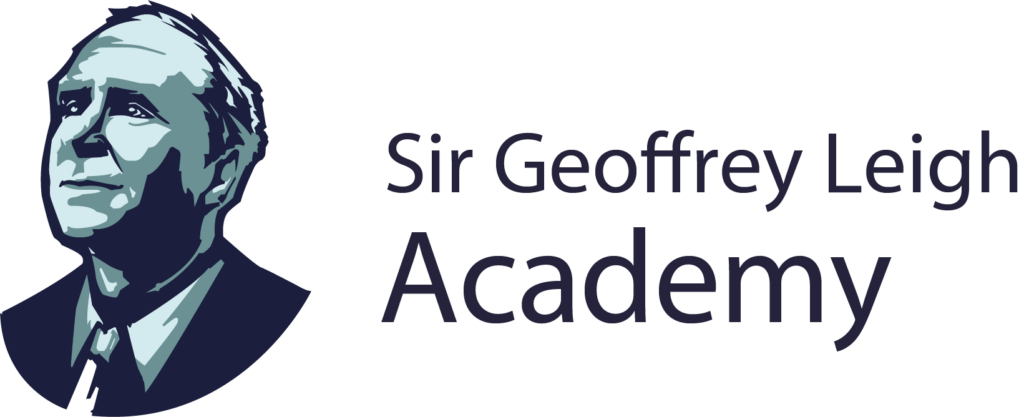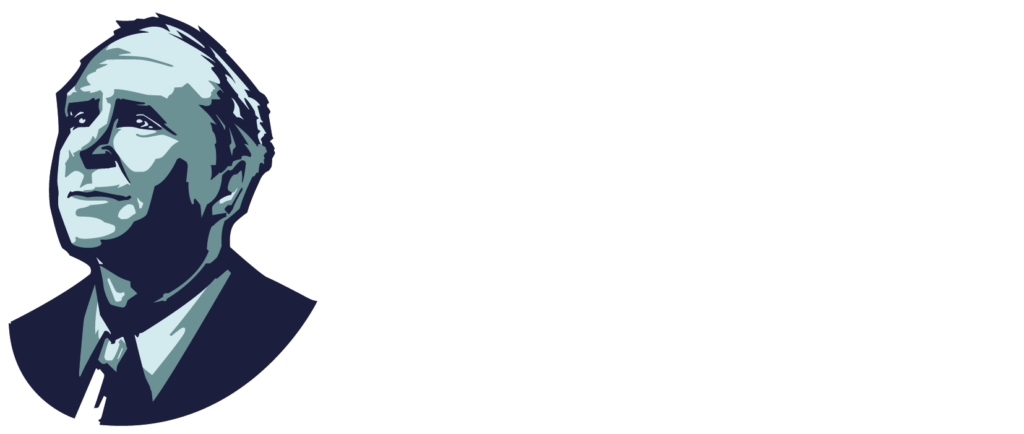Sir Geoffrey Leigh Academy aims to ensure that all students gain a wide and extensive knowledge base which combined with co curricular opportunities build students cultural capital. We have a curriculum that is broad and balanced ‘Opening Minds to Success’ through delivery of the ‘Healthy Minds’ programme ensuring that the IB learning profiles are fully embedded through the Key Stages. Students become resilient learners and are well prepared and successful in the next stage of their education or career pathway. Our curriculum is structured in to the 3 Key Stages to achieve these aims in the following way:
- Key Stage 3 (Year 7, 8 and 9): The Middle Years Programme (MYP)
- Key Stage 4 (Year 10 and 11): GCSE and equivalent qualifications
- Key Stage 5 (Year 12 and 13): The IBCP, A-Levels, T-Levels and BTEC qualifications




